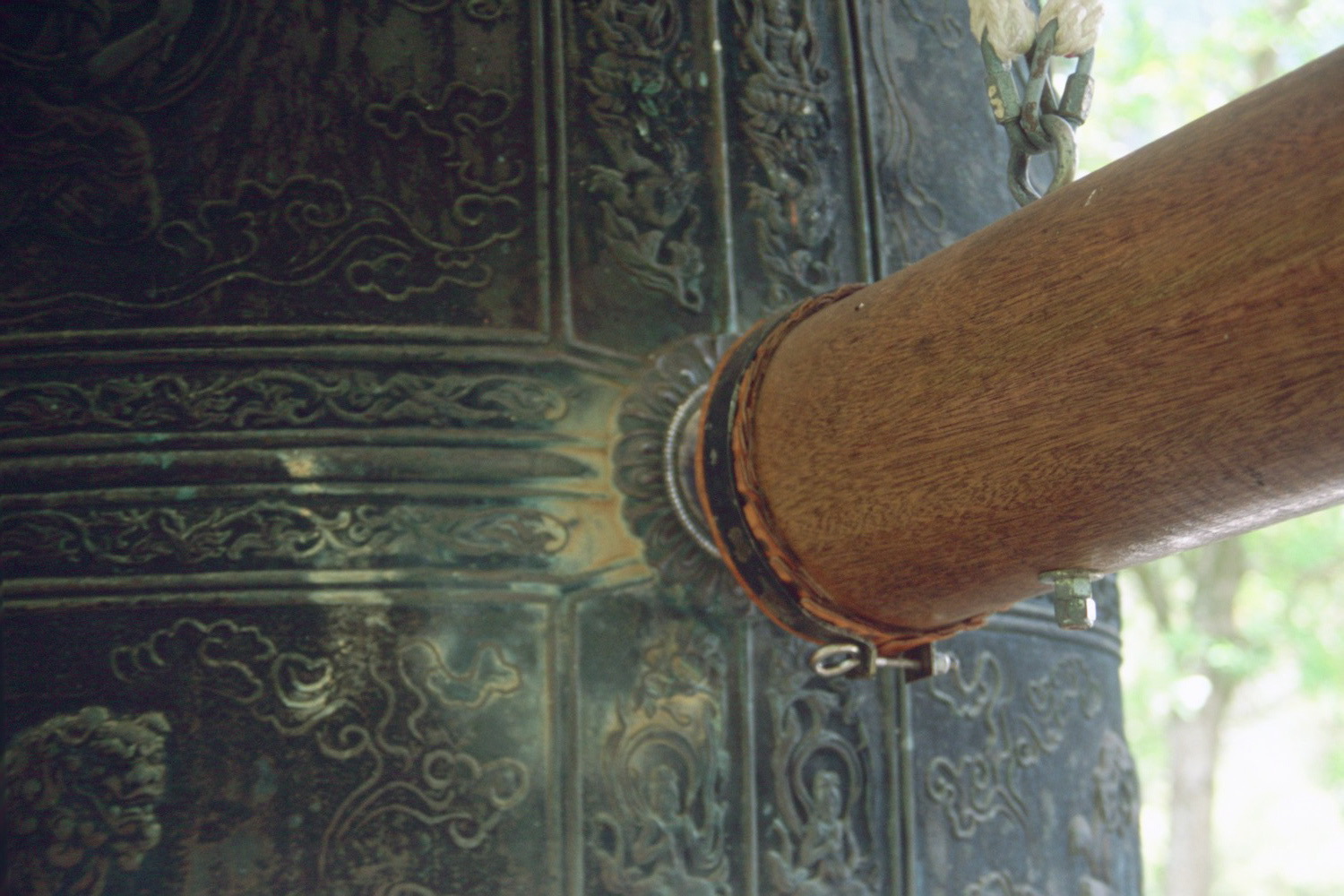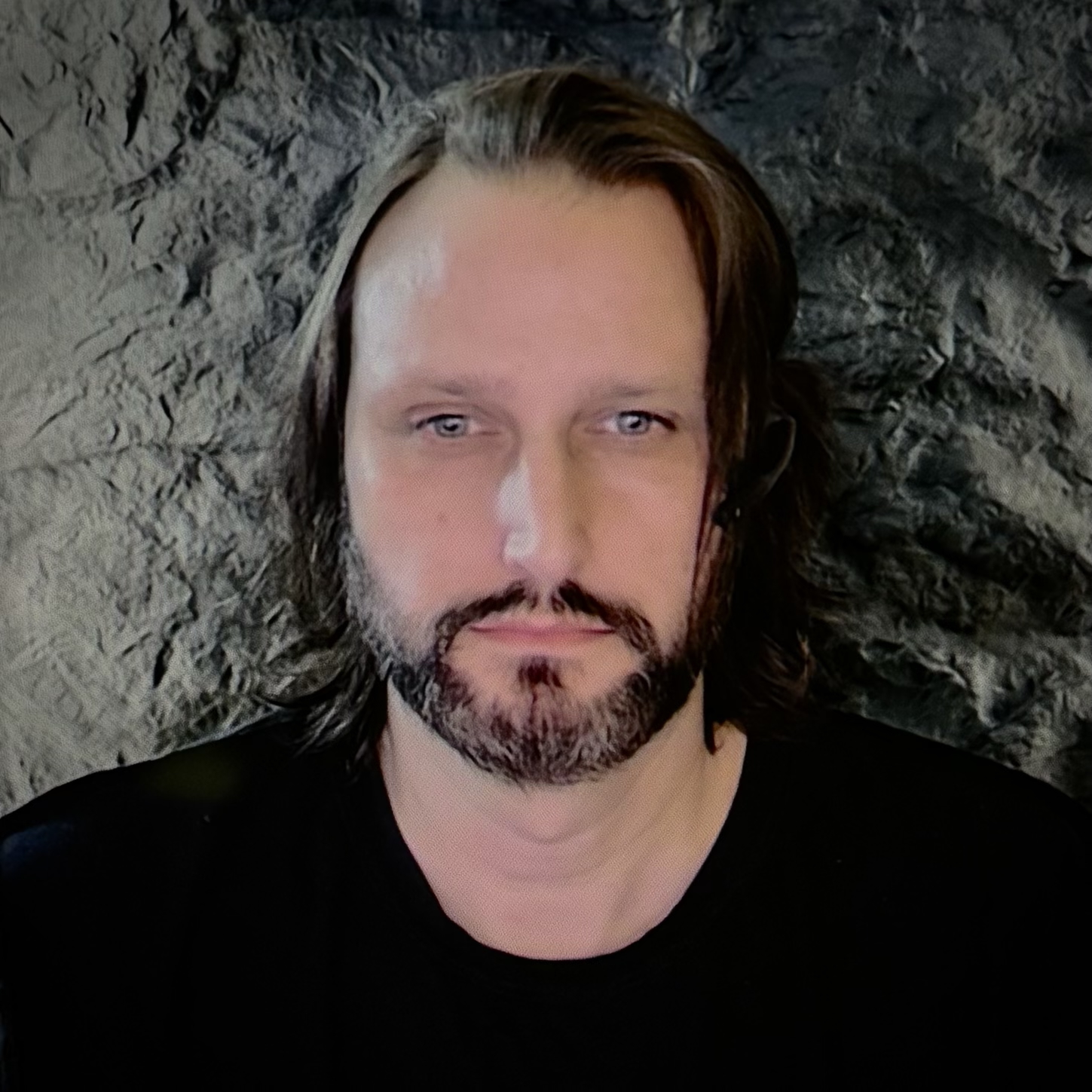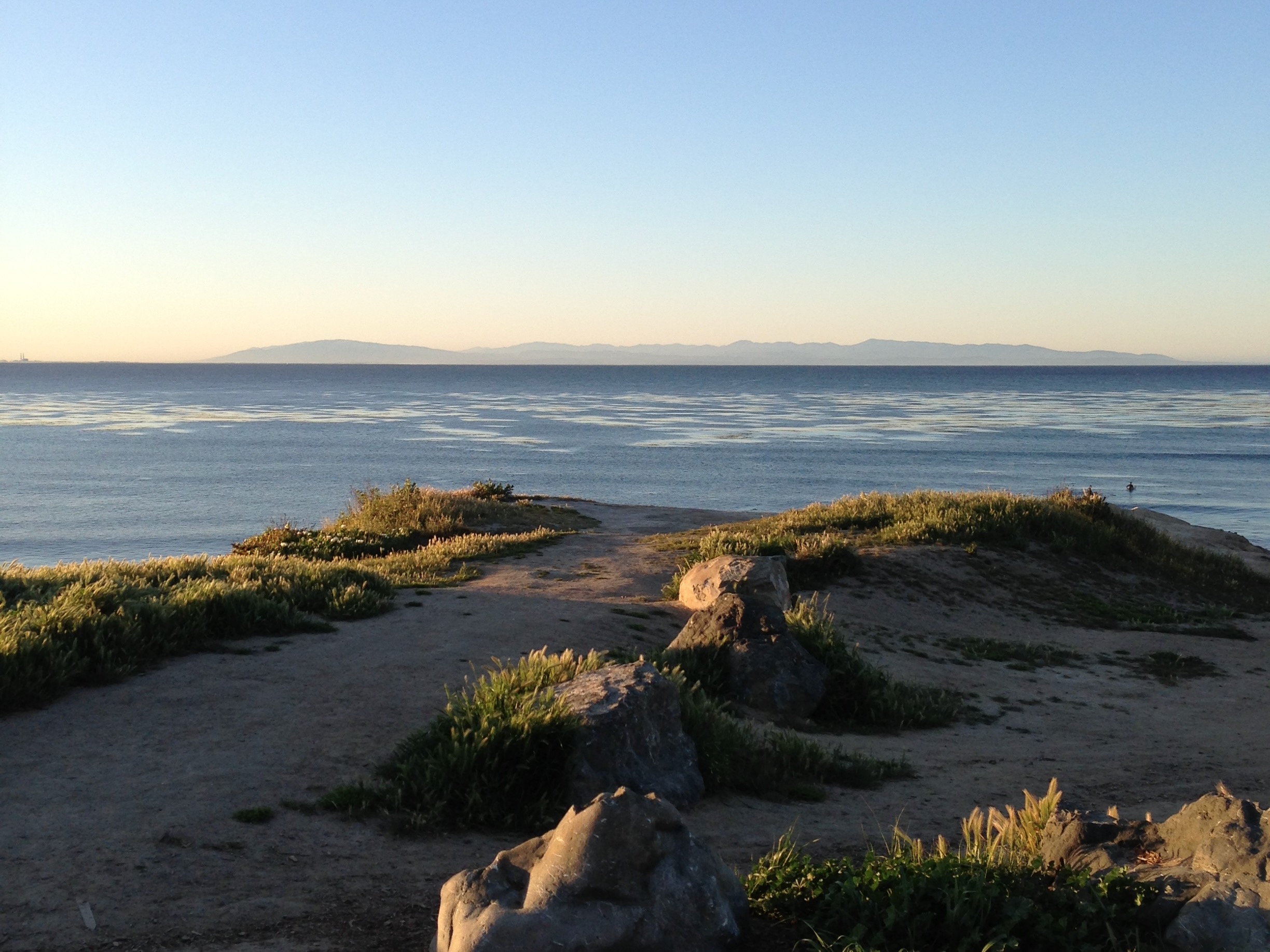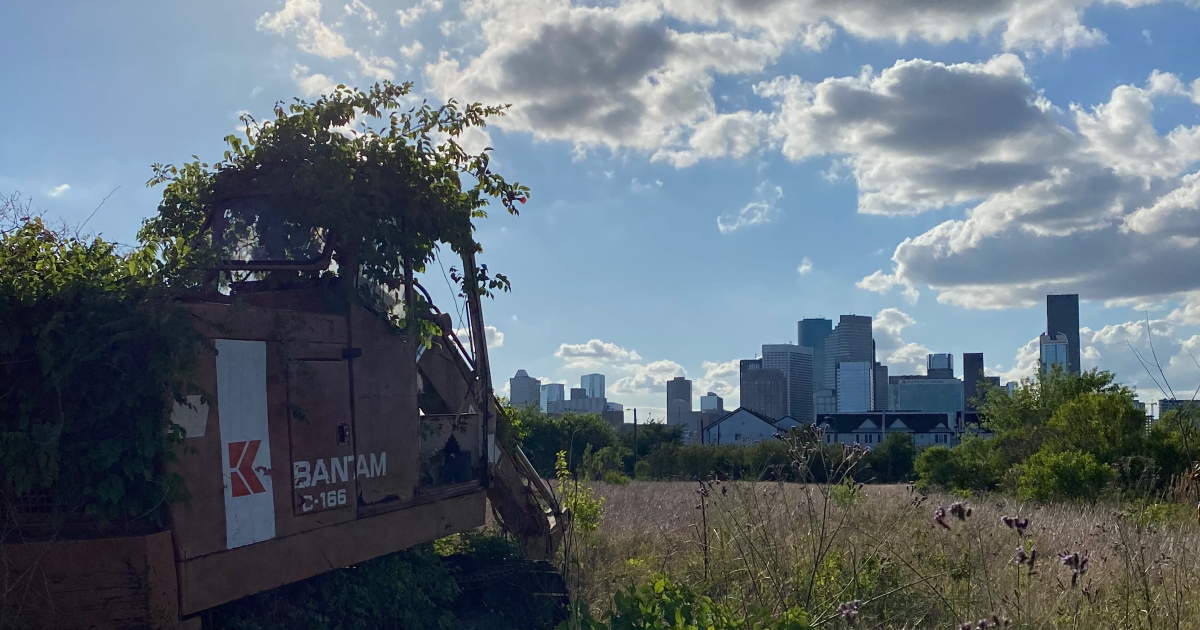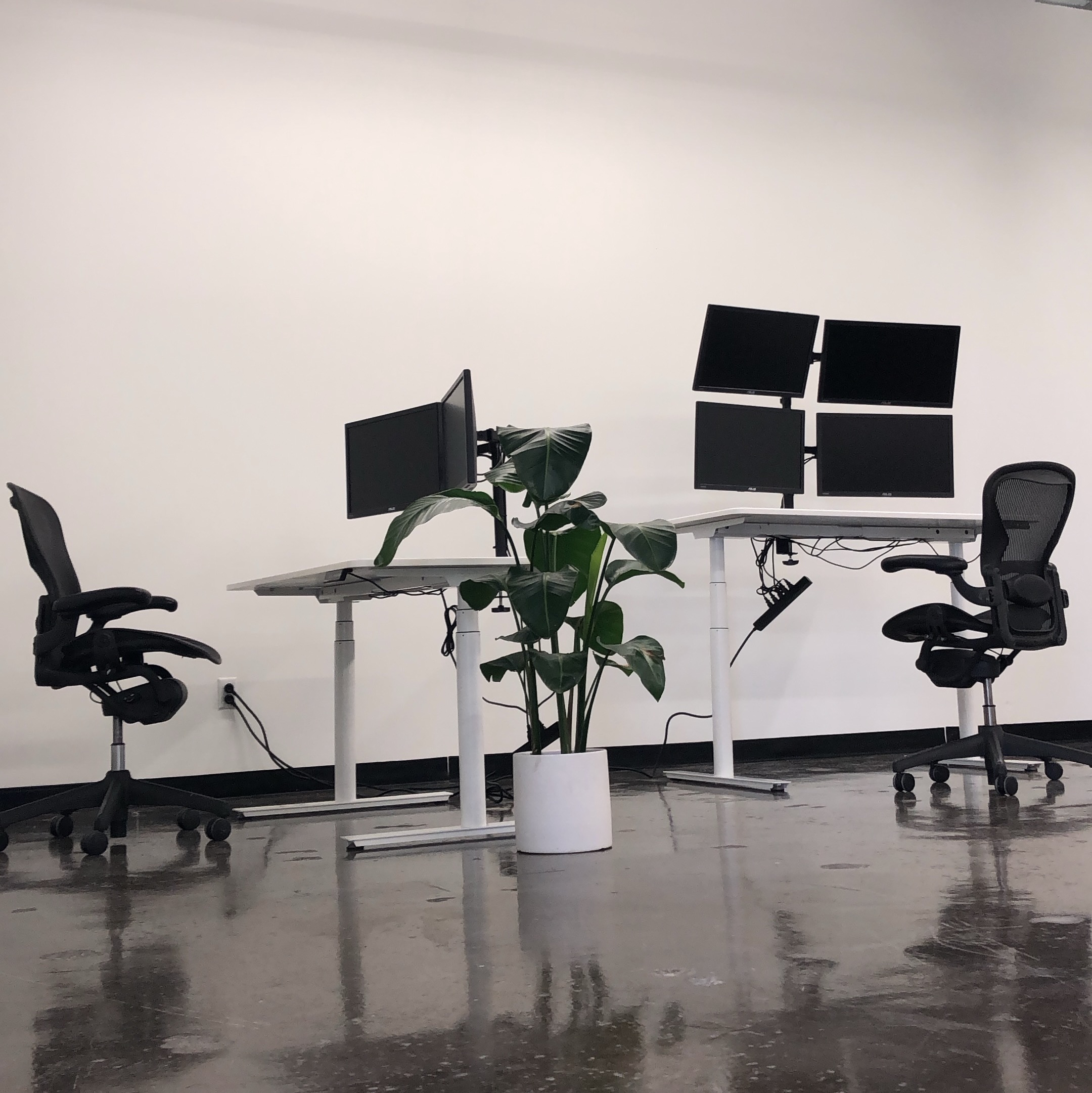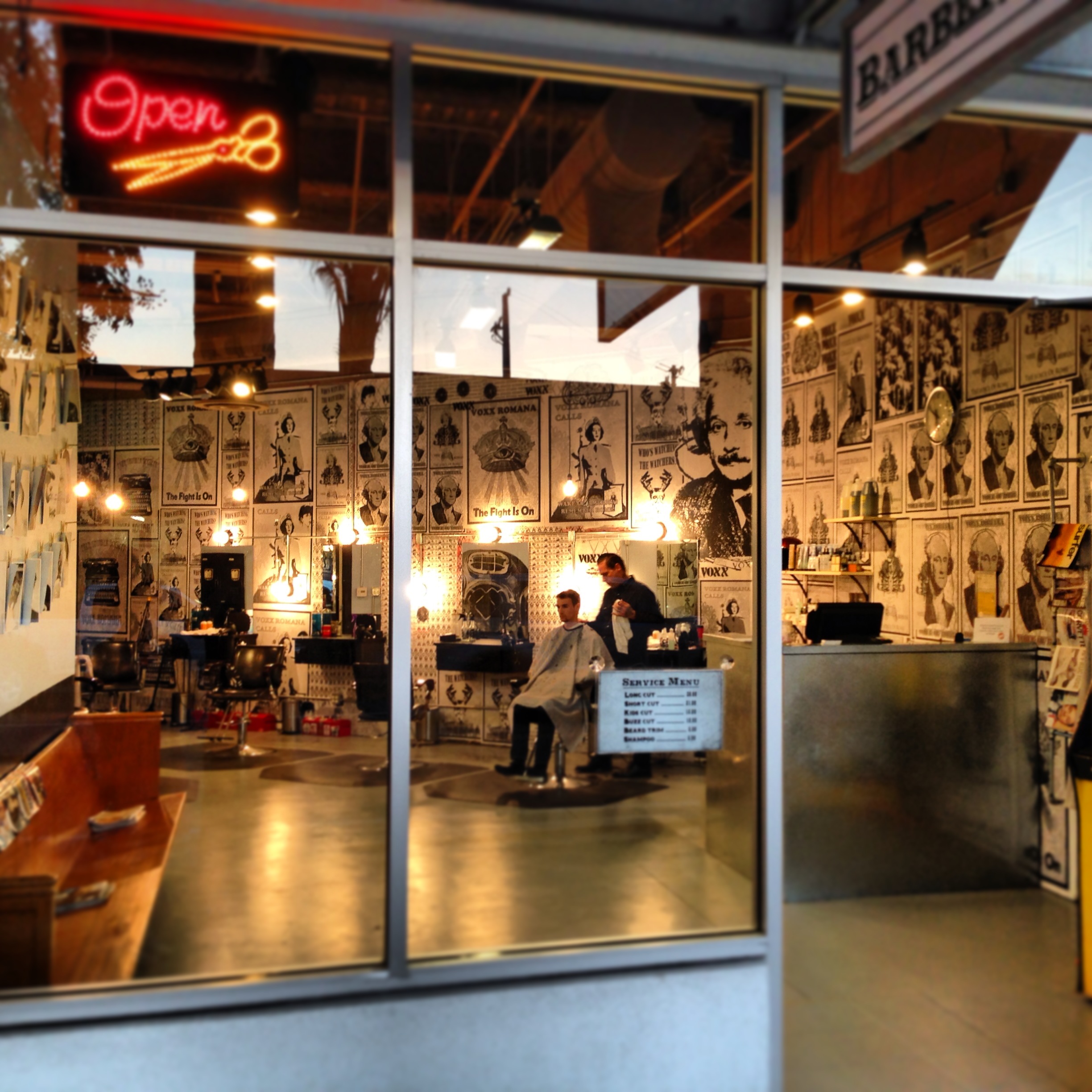Attending high school in Hawaii, I had the rare opportunity to be exposed to cultures and ideas that we’re not as widely accepted on the mainland United States. Living on one side of Pearl Harbor and attending school on the other, made the shortest route by boat.
One morning while waiting for a small public boat to take me across Pearl Harbor, my friend took out a book from his backpack. He had been taking a religion course and had a book about Buddhism. Curious, I asked if I could look at it. Intending to find something quickly in the pages that I thought absurd or disagreed with, I read, and as I read more and more, I could not find one thing I disagreed with. Whether you believe Buddhism to be a religion or a philosophy, it made no claims that I could argue with.
Over the next decade, I read every book on Buddhism I could come across. Teaching myself how to meditate and viewing the world with a radical acceptance became my pursuit privately. Choosing to join a monastery and giving up all worldly things while meditating under a tree is not everyone’s path. Creating, building and being of service can be pursued in other areas and I felt the call of entrepreneurialism. Before starting a business, I needed to stabilize my life.
My spirit was rebellious, and I found my experiences at school to be boring. Skipping school and exploring the island became a regular occurrence. The teachers had no desire to teach, and I had no desire to listen to them. My chances of getting into college were never mentioned or brought up by my family or counselors.
Working in multiple jobs while growing up to pay for my hobbies gave me a strong work ethic. Graduating early from high school at 17, I immediately moved out. The next five years were spent working dead-end jobs. Something had to change, and it had to be drastic.
Joining the military at 22, the recruiter asking about my religion raised the eyebrow when I told him Buddhism. It became all too common when religion and philosophy were brought up in discussions to have someone question it. Although in the east, it’s widely accepted in the west, it was unusual at the time.
Besides the clothes on my back, the only other item I took with me to military boot camp was a small book called the Dhammapada. It contained a collection of sayings from the Buddha and during times of rest, I would read passages and reflect. I carried this book during my entire enlistment, as it was small enough to fit in my pocket.
My discharge from the military came a year early. My Mother’s drug abuse and pathological tendencies left her alone with a seven-year-old child isolated in Florida. Receiving an honorable discharge on the grounds of a humanitarian reason allowed me to give her support during a challenging time.
Studying Buddhism for the last decade had improved many aspects of my life, but they remained one area where I was naïve. I inherently believed the best of people. The at our core, given the right circumstances and treated the correct way, you could bring the best out in people. In order to achieve this, you had to treat people the way and give trust as if all intentions were good.
The lesson in Buddhism that I painfully had to learn was that people are in different stages of growth. Not everyone is ready to have unconditional trust given to them. This lesson manifested itself into my business journey. Unfortunately, I played a game of chess with people that played by the rules of checkers.
Having no attachment to money, and having no illusion of its actual value, allowed me to adapt. Over coming setbacks with ventures gave me new knowledge. The fire to create and build could not be extinguished, and no failure could cause me to quit. The focus was on the process and not the outcome.
The path of life is not always linear. Without challenges in life, we would have no opportunity to grow. Some of the best lessons in life I have learned came from experiencing pain. Christianity, Buddhism, Stoicism and many other philosophies teach the importance of acceptance. Understanding where you are and having humility in knowing that you may not have all the answers yet gives you room to find it.
Long-term growth is more important than short-term successes. From each failure and set back opportunities arise that go beyond your initial goals. Staying open to opportunities and viewing hardship as a gift is how history is made.
In 2022, I conducted a lecture at the University of Houston regarding artificial intelligence and the impact on business. Sharing my successes and failures was included in the speech. After the talk, a young man came up to me, sharing that he was afraid of failure. The thought of failure was holding him back in life, and he had associated it with something to fear. My advice to him was much like a muscle to grow needs to be exercised to the point of exhaustion. We need to find our failure point to increase our limits. Lifting weights until you reach your failure point is where the muscle grows.
Giving yourself permission to fail and accepting our shortcomings allows us to enjoy the journey. My conversation with the young man ended with me wishing him failure. Telling him I hope you fail, which he quickly responded with laughter, “I hope you fail too.”
